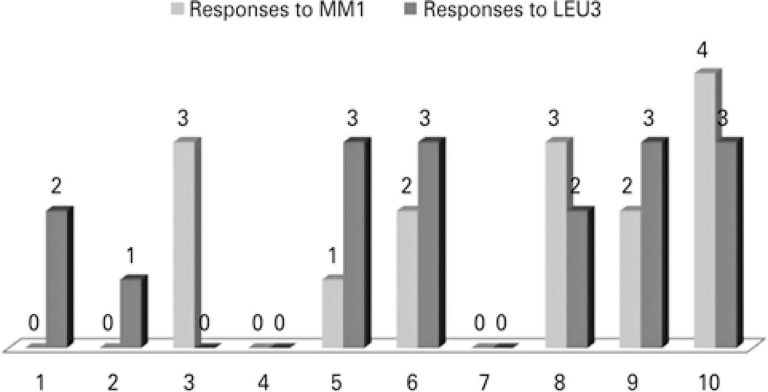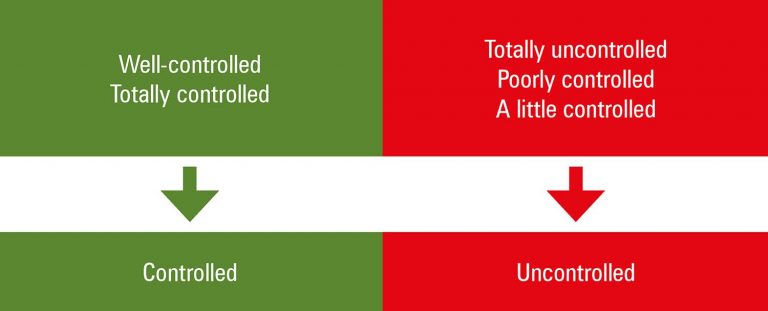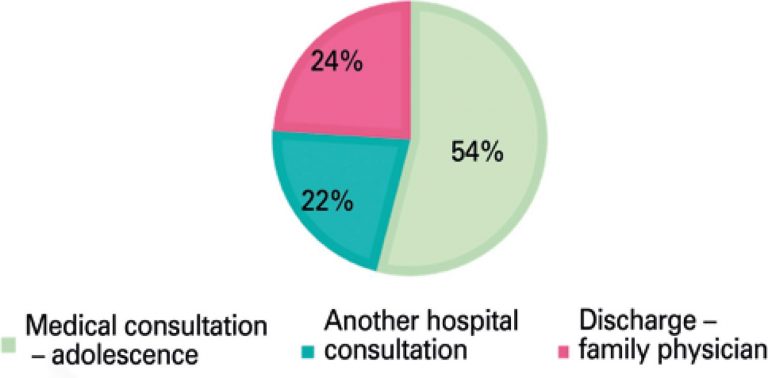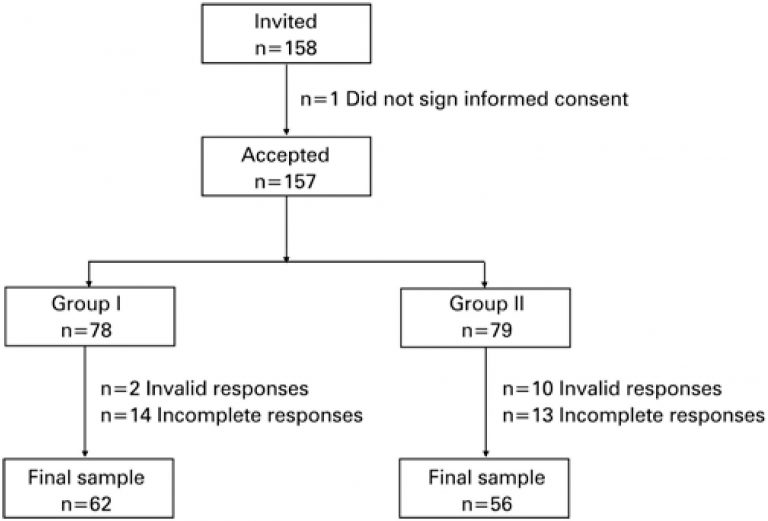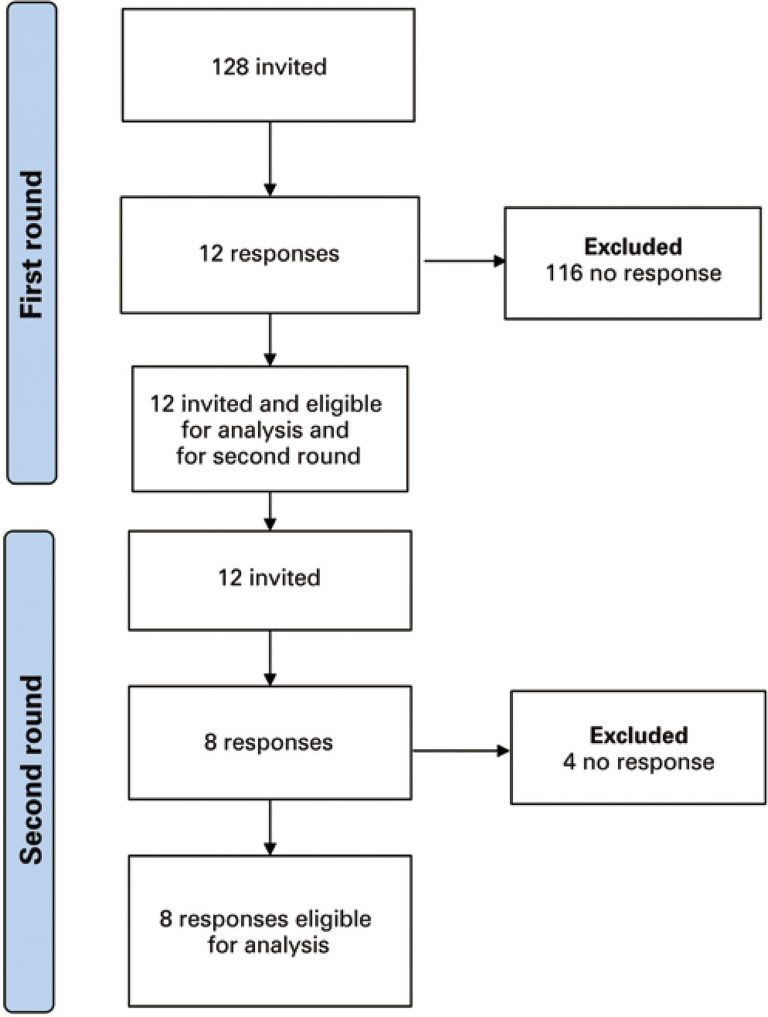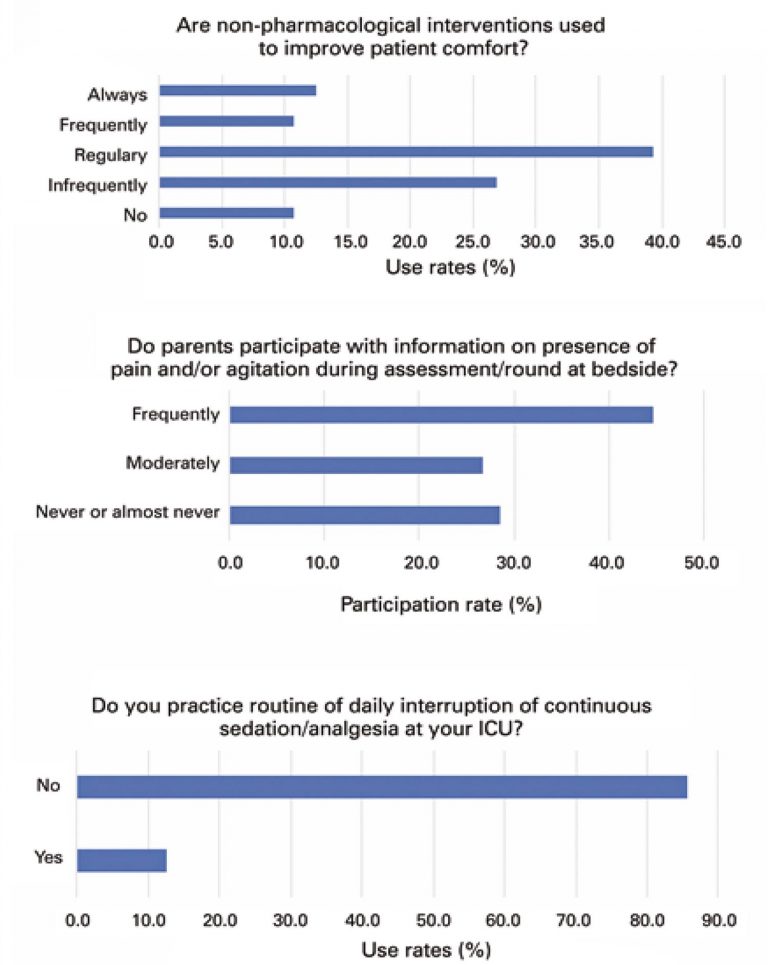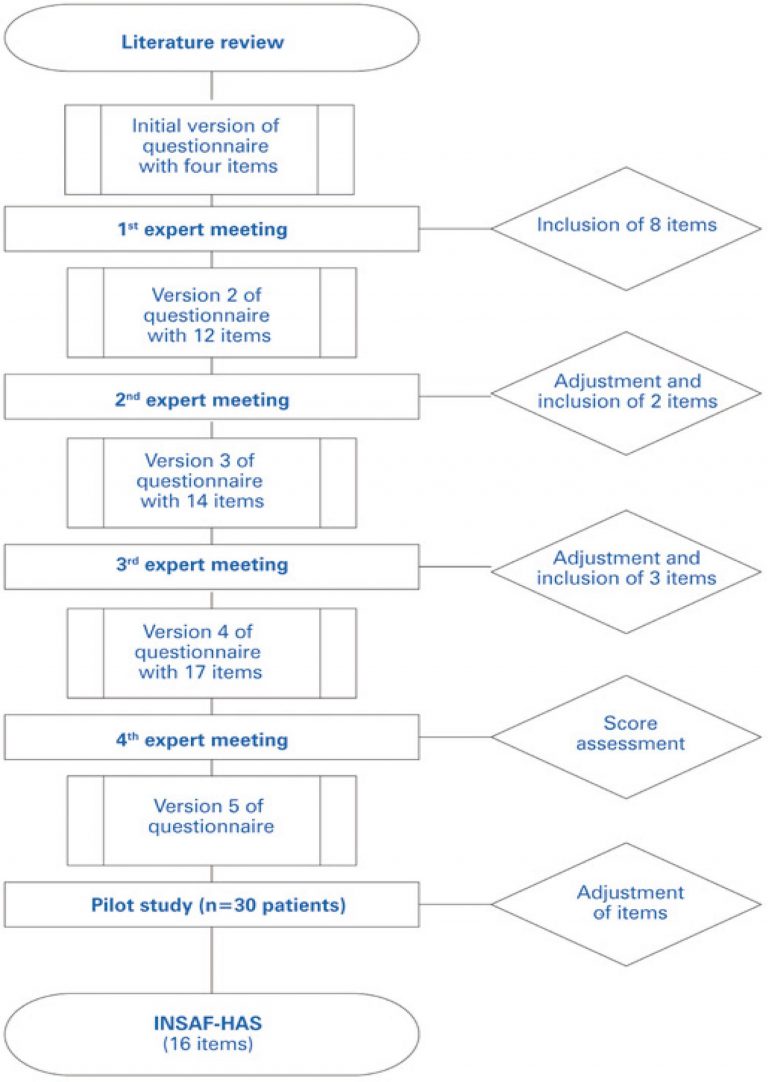27/Jan/2022
Cross-cultural translation and adaptation of Functional Assessment of Cancer Therapy – Multiple Myeloma tool – MM1 and LEU3 – for Portuguese
einstein (São Paulo). 27/Jan/2022;20:eAO4457.
View Article27/Jan/2022
Cross-cultural translation and adaptation of Functional Assessment of Cancer Therapy – Multiple Myeloma tool – MM1 and LEU3 – for Portuguese
DOI: 10.31744/einstein_journal/2022AO4457
ABSTRACT Objective To describe of the translation from English to Portuguese and adaption process of subitems of the Functional Assessment of Cancer Therapy – Multiple Myeloma. Methods In the first phase, translations from English into Portuguese of two subitems of Functional Assessment of Cancer Therapy – Multiple Myeloma were performed. Subsequently, a consensus and back translation were conducted, and, finally, translation and back translations were reviewed by four independent bilingual experts. In the second phase, the translated subitems were applied, […]
Keywords: Multiple myeloma; Quality of life; Surveys and questionnaires
21/Dec/2021
Misperception of poor asthma control in the outpatients clinic of a tertiary hospital in Rio de Janeiro
einstein (São Paulo). 21/Dec/2021;19:eAO6259.
View Article21/Dec/2021
Misperception of poor asthma control in the outpatients clinic of a tertiary hospital in Rio de Janeiro
DOI: 10.31744/einstein_journal/2021AO6259
ABSTRACT Objective To determine the proportion of patients with asthma with misperception of poor control of their disease. Methods A cross-sectional study with a convenience sample of patients with asthma and aged ≥18 years. Asthma control was assessed by the Asthma Control Test and the Global Initiative for Asthma questionnaire. The Kappa coefficient was used to analyze the agreement between the results of these tests and the patients’ perception of asthma control, defined by the response to one question of […]
Keywords: Asthma; Control; Perception; Signs and symptoms; Surveys and questionnaires
22/Nov/2021
Prostate cancer awareness in the city of São Paulo
DOI: 10.31744/einstein_journal/2021AO6325
ABSTRACT Objective: To evaluate awareness of prostate cancer in the population of the city of São Paulo. Methods: A total of 392 adults were randomly interviewed on public spaces in the city of São Paulo, and answered a questionnaire that addressed demographic questions and specific knowledge about the prostate cancer. A score was used to assess awareness of cancer in general, and of prostate cancer, considering satisfactory knowledge a score of 6 points. Results: The mean age was 36.9 years […]
Keywords: Knowledge; Mass screening; Prostatic neoplasms; Surveys and questionnaires
09/Sep/2021
Adolescer Saudável: screening and follow-up of risk at school
DOI: 10.31744/einstein_journal/2021AO5849
ABSTRACT Objective To characterize adolescents referred to medical consultation based on the screening tool “Perfil de Saúde do Utente Adolescente”, and to compare to information gathered from a questionnaire and data assessed during the visit. Methods A retrospective and descriptive study, with analysis of the questionnaires filled out by adolescents and their respective medical records, in the period from January 2013 to June 2016. Results A total of 54 adolescents were seen, 57% male and mean age of 12±1.7 years. […]
Keywords: “Adolescer Saudável” project; Adolescent health; Biopsychosocial risk; Risk; Schools; Surveys and questionnaires
23/Jul/2021
Comparison of the printed and online administration of the Behavioral Regulation in Exercise Questionnaire (BREQ-2)
DOI: 10.31744/einstein_journal/2021AO6088
ABSTRACT Objective: To compare the traditional printed form of the Behavioral Regulation in Exercise Questionnaire with a proposed online form in terms of validity, reliability, and applicability. Methods: A crossover design study was conducted with 157 undergraduate students. Half of the sample answered the printed questionnaire first and then answered the online questionnaire 7 days later, while the other half of the sample did the inverse. Cronbach’s alpha was used to analyze the internal consistency of both the online and […]
Keywords: Exercise; Internet; Motivation; Motor activity; Online systems; Surveys and questionnaires
02/Oct/2020
Cross-cultural adaptation and semantic validation of an instrument to identify palliative requirements in Portuguese
DOI: 10.31744/einstein_journal/2020AO5539
ABSTRACT Objective To translate and make cross-cultural adaptation of NECPAL CCOMS-ICO© tool to Portuguese, and to analyze its semantic validity. Methods A methodological research about NECPAL CCOMS-ICO© tool cross-cultural adaptation, translated from Spanish into Portuguese and measurement of semantic validity. The cross-cultural adaptation process was conducted according to Beaton recommendations, including translation, translation synthesis, back-translation, and analysis of semantic, idiomatic, conceptual, and cultural equivalence of translated and back-translated tool versions, resulting in a pre-final version, which was submitted to a […]
Keywords: Chronic disease; Palliative care; Patient care management; Patient identification systems; Surveys and questionnaires; Validation study
23/Jan/2020
Linguistic and cultural adaptation to the Portuguese language of antimicrobial dose adjustment software
DOI: 10.31744/einstein_journal/2020AO5023
ABSTRACT Objective To adapt an antibiotic dose adjustment software initially developed in English, to Portuguese and to the Brazilian context. Methods This was an observational, descriptive study in which the Delphi method was used to establish consensus among specialists from different health areas, with questions addressing the visual and operational aspects of the software. In a second stage, a pilot experimental study was performed with the random comparison of patients for evaluation and adaptation of the software in the real […]
Keywords: Anti-infective agents; Brazil; Dosage forms; Intensive care units; Piperacillin; Software; Surveys and questionnaires
22/Jan/2020
Practices related to assessment of sedation, analgesia and delirium among critical care pediatricians in Brazil
DOI: 10.31744/einstein_journal/2020AO5168
ABSTRACT Objective To understand the use of tools, protocols and comfort measures related to sedation/analgesia, and to screen the occurrence of delirium in pediatric intensive care units. Methods A survey with 14 questions was distributed by e-mail to Brazilian critical care pediatricians. Eight questions addressed physician and hospital demographics, and six inquired practices to assess sedation, analgesia, and delirium in pediatric intensive care units. Results Of 373 questionnaires sent, 61 were answered (16.3%). The majority of physicians were practicing in […]
Keywords: Analgesia; Brazil; Child; Critical care; Deep sedation; Delirium; Surveys and questionnaires
06/Dec/2019
INSAF-HAS: a tool to select patients with hypertension for pharmaceutical care
DOI: 10.31744/einstein_journal/2020AO4858
ABSTRACT Objective To develop and validate the content of a tool aimed to select patients with hypertension for pharmaceutical care, based on identification of individuals in greater need of attention. Methods The tool was developed and assessed for face and content validity, which was carried out in three stages. Phase I consisted of comprehensive literature review, which prompted the development of the first version of the tool. Phase II consisted of validation by an expert panel. Phase III consisted of […]
Keywords: Antihypertensive agents; Hypertension; Patient selection; Pharmaceutical services; Professional-patient relations; Quality management; Surveys and questionnaires; Triage
11/Sep/2018
What do physicians know about homosexuality? Translation and adaptation of Knowledge about Homosexuality Questionnaire
einstein (São Paulo). 11/Sep/2018;16(3):eAO4252.
View Article11/Sep/2018
What do physicians know about homosexuality? Translation and adaptation of Knowledge about Homosexuality Questionnaire
DOI: 10.1590/S1679-45082018AO4252
ABSTRACT Objective: To adapt the Knowledge about Homosexuality Questionnaire to Brazilian Portuguese, and to assess knowledge of heterosexual physicians on homosexuality. Methods: The following steps for cultural adaptation were made: translation by two independent evaluators, translation synthesis, and evaluation of semantic properties by the target population, followed by the development of a pilot study and administration of the instrument to 224 heterosexual physicians working in the Brazilian Federal District. Results: The mean number of correct answers in the questionnaire was […]
Keywords: Health knowledge, attitudes; Homosexuality; Physicians; Surveys and questionnaires


